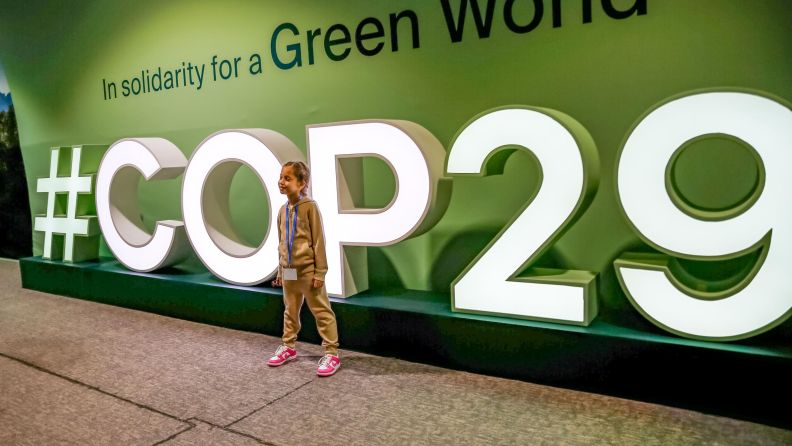The 29th UN Climate Change Conference of Parties (COP29) wrapped up after two weeks of rigorous negotiations, culminating in an annual climate financing commitment of $300 billion. This funding forms part of a broader goal to secure “at least $1.3 trillion by 2035,” aiming to address the escalating global climate crisis.
A Platform for Action
UN Secretary-General António Guterres described the agreement as “a base to build on,” underscoring its necessity to keep global warming within the critical 1.5-degree Celsius threshold. However, he expressed disappointment over the lack of more ambitious financial and mitigation commitments, stressing that “commitments must quickly become cash” to ensure tangible progress.
For vulnerable nations, this pledge offers a glimmer of hope but hinges on the swift and full implementation of the promises made. The Secretary-General urged all nations to collaborate in meeting the upper range of the $1.3 trillion target to provide real relief to communities on the frontlines of climate change.
Achievements Amid Challenges
COP29 achieved progress in several areas, including updated emissions reduction targets, advancements in the global energy transition, and an agreement on carbon markets. These outcomes were secured despite geopolitical tensions threatening to derail the talks.
UN Climate Change Executive Secretary Simon Stiell called the new finance goal “an insurance policy for humanity.” He highlighted its potential to sustain the clean energy revolution, create jobs, and ensure access to affordable, sustainable energy. However, he cautioned that the agreement’s success depends on timely and complete delivery of the pledged funds.
Divided Reactions
Reactions to the deal were mixed. Sierra Leone’s representative voiced the frustration of African nations, describing the agreement as a signal of “a lack of goodwill by developed countries.” The $300 billion annual pledge is less than a quarter of what experts estimate is needed to prevent catastrophic climate impacts.
Representatives from small island nations painted a dire picture, with one delegate stating, “We are literally sinking,” underscoring the urgent need for more robust action to safeguard their futures.
In contrast, the European Union expressed optimism, suggesting that the financial framework would attract substantial private investments, helping to meet the $1.3 trillion goal.
What do you think?
Is this a #WinForThePlanet? We'd love to hear your thoughts in the comments below.


1 comment
Just how are you going to collect from China for instance?